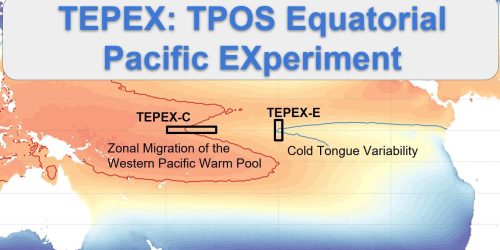NASA, on behalf of the National Oceanic and Atmospheric Administration, has selected BAE Systems (formerly known as Ball Aerospace & Technologies Corporation) of Boulder, Colorado, to develop an instrument to monitor air quality and provide information about the impact of air pollutants on Earth for NOAA’s Geostationary Extended Observations (GeoXO) satellite program.
Climate Program Office staff from the Atmospheric Chemistry, Carbon Cycle and Climate (AC4) Program and Earth’s Radiation Budget (ERB) Program were among those involved in the initial planning for this new air quality instrument (ACX), and are part of the organizing team for the upcoming GeoXO ACX science team meeting. The ACX instrument will provide valuable hourly space-borne observations on air pollutants from transportation, power generation, industry, oil and gas extraction, volcanoes, and wildfires across North America, supporting climate and air quality research and mitigation.
Together, NOAA and NASA will oversee the development, launch, testing, and operation of all the satellites in the GeoXO Program. NOAA funds and manages the program, operations, and data products. On behalf of NOAA, NASA and commercial partners develop and build the instruments and spacecraft and launch the satellites.
For more information, contact Clara Deck.
Image credit: NOAA










